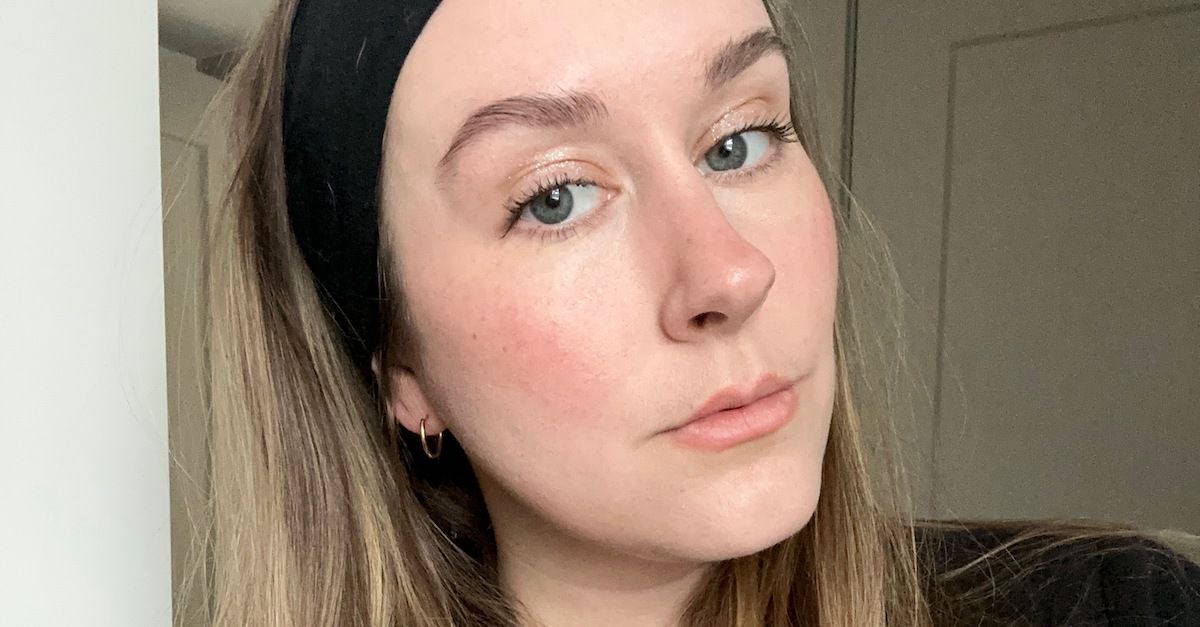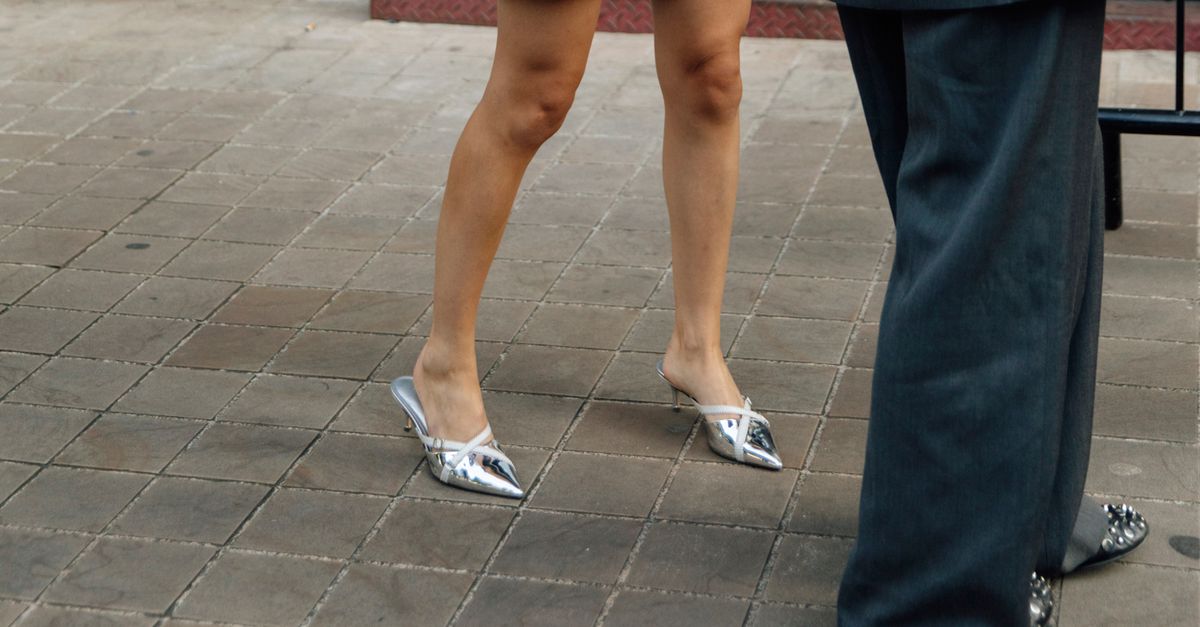The UK has become the first country to authorise a Covid-19 vaccine tailored to the Omicron variant, setting the stage for an autumn booster campaign using Moderna’s two-strain shot.
The Medicines and Healthcare products Regulatory Authority — which was the first in the world to approve an original Covid-19 jab — has granted a conditional authorisation to the vaccine, which targets both the original strain of the virus and Omicron BA.1.
The vaccine is authorised for use in people aged 18 or over but the UK plans to focus its booster programme to prepare for rising cases over the winter on the over 50s and those at higher clinical risk of developing severe Covid-19.
Stéphane Bancel, Moderna’s chief executive, said the authorisation highlights “the dedication and leadership of the UK public health authorities in helping to end the Covid-19 pandemic”.
“This bivalent vaccine has an important role to play in protecting people in the UK from Covid-19 as we enter the winter months,” he said.
Moderna plans to deliver the first two-strain vaccines in the next two weeks, because it began manufacturing months before the authorisation. All of the remaining doses under its 29mn vaccine contract with the government will now be of the Omicron-targeted jab.
The Boston-based company submitted data to regulators in the UK, the EU, Australia and Canada in early July and expects other countries to authorise the vaccine shortly. Darius Hughes, Moderna’s UK general manager, said the MHRA was the regulator that “turned it around the quickest”.
The government hopes that the regulator, newly independent from the EU after Brexit, will be quicker and more agile, attracting life sciences investment to the UK. The UK also recently signed a £1bn deal with Moderna to build the country’s first mRNA vaccine manufacturing centre.
But the break from the EU has also led to job cuts at the regulator and made the UK market less attractive to some drugmakers.
The approval of the new vaccine is based on clinical trial data that showed it elicited an eight-fold increase in antibodies to tackle the Omicron variant when given after three doses of the original shot, compared with pre-booster levels.
It produced 1.75 times more antibodies than people given a fourth booster of the existing vaccine, and is better at tackling the BA.4/5 Omicron variants than the original shot.
Moderna began working on Omicron-specific boosters late last year, after it became clear that the current shots were less effective against the soaring variant. But since then, new subvariants of Omicron have emerged.
The US Food and Drug Administration has encouraged vaccine makers to go straight to developing shots tailored to BA.4/5, without requiring new clinical data. But so far, the UK and European regulators are pressing ahead with the approval process for vaccines targeting BA.1.
Hughes said there had been “a divergence in understanding and approvals across the world” with the US on a “separate highway”.
Pfizer and its German partner BioNTech are also working on vaccines tailored to the Omicron variant, which data has shown significantly outperforms their previous shot. Their monovalent vaccine — with just the genetic code of Omicron — performed better than their two-strain jab.
June Raine, chief executive of the MHRA, said she was pleased to announce the approval of the vaccine that showed a “strong immune response” against the BA.1 strain.
“The first generation of Covid-19 vaccines being used in the UK continue to provide important protection against the disease and save lives. What this bivalent vaccine gives us is a sharpened tool in our armoury to help protect us against this disease as the virus continues to evolve,” she said.
The UK Department of Health and the UK Health Security Agency did not immediately respond to a request for comment.


























































![Mason Ramsey – Twang [Official Music Video] Mason Ramsey – Twang [Official Music Video]](https://i.ytimg.com/vi/xwe8F_AhLY0/maxresdefault.jpg)


















